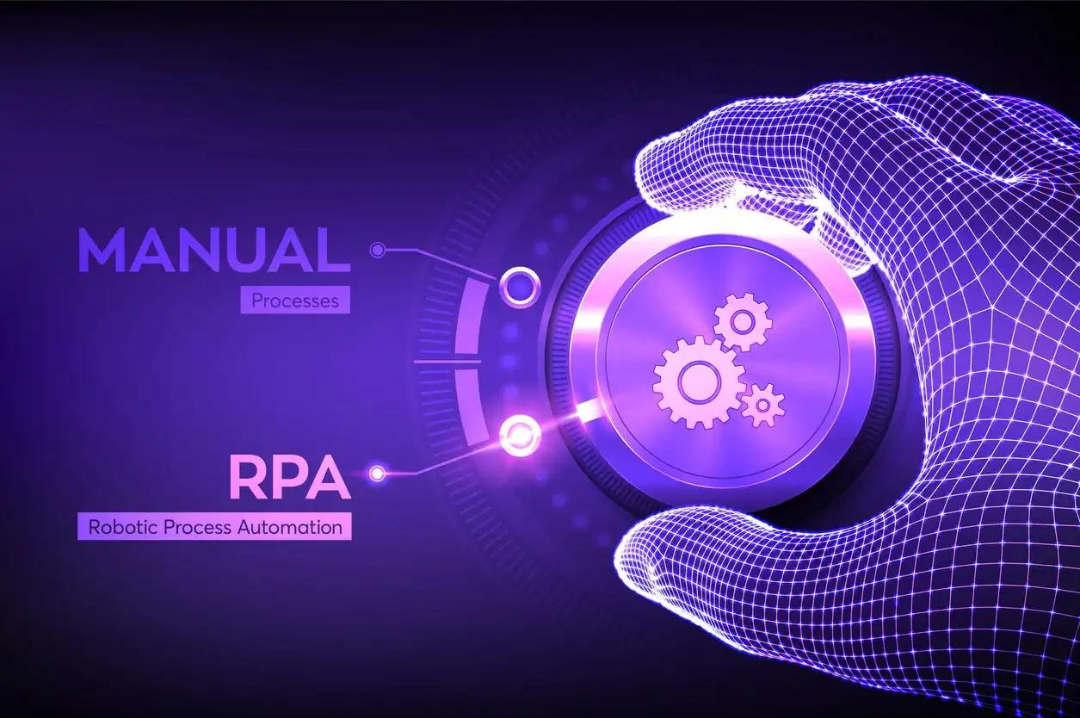How robotic process automation (RPA) is changing the way we work ?

Robotic Process Automation (RPA) is changing the way we work in several impactful ways. RPA involves the use of software robots or “bots” to automate repetitive and rule-based tasks, allowing human workers to focus on more complex, creative, and strategic aspects of their jobs. Here’s how RPA is influencing the workplace:
1. Increased Efficiency: RPA automates mundane, repetitive tasks that would normally be performed by humans. This leads to a significant increase in efficiency and allows employees to focus on more value-added activities.
2. Cost Savings: By automating routine tasks, organizations can reduce the need for manual labor, leading to cost savings in terms of time and resources. RPA can often perform tasks more quickly and accurately than humans.
3. Error Reduction: RPA reduces the likelihood of human errors in data entry and other repetitive tasks. Bots follow predefined rules meticulously, leading to increased accuracy and improved data quality.
4. Enhanced Productivity: With the automation of routine tasks, employees can concentrate on tasks that require creativity, problem-solving, and critical thinking. This can result in higher productivity and job satisfaction.
5. Faster Processes: RPA can execute tasks 24/7 without breaks, leading to faster processing times for various business processes. This is particularly beneficial for tasks requiring constant attention or involving handling large data volumes.
6. Improved Customer Experience: Automation through RPA can contribute to faster response times to customer queries and requests. This, in turn, enhances the overall customer experience by providing quicker and more efficient services.
7. Scalability: RPA can easily adapt to changes in workload. As business demands increase, organizations can scale up their RPA deployments to handle higher volumes of work without the need for significant adjustments to infrastructure.
8. Integration with Legacy Systems: RPA allows for the integration of new technologies with existing legacy systems. This is particularly valuable for organizations with established systems that may not easily support modern integrations.
9. Compliance and Audit Trail: RPA systems often provide a detailed audit trail, documenting every step of a process. This is beneficial for compliance purposes and can aid in tracking and analyzing processes for improvement.
10. Agility and Adaptability: RPA is agile and can be easily configured to adapt to changing business requirements. This flexibility is crucial in dynamic business environments where processes may evolve over time.
In summary, RPA is transforming the workplace by automating routine tasks, improving efficiency, reducing errors, and enabling employees to focus on higher-value work. As technology continues to advance, the scope and impact of RPA are likely to expand further.



